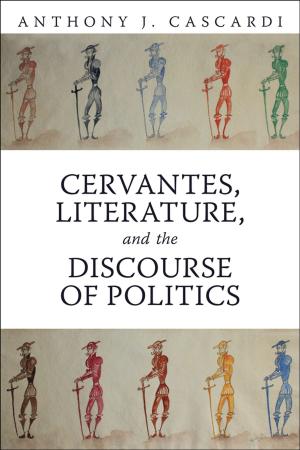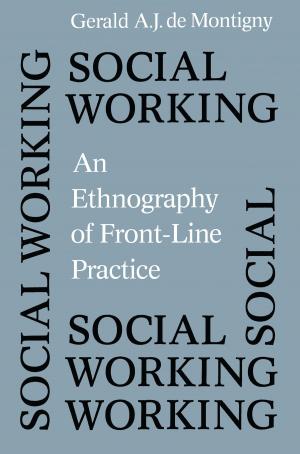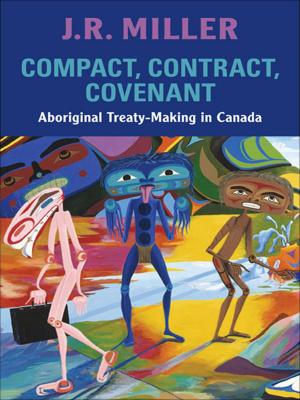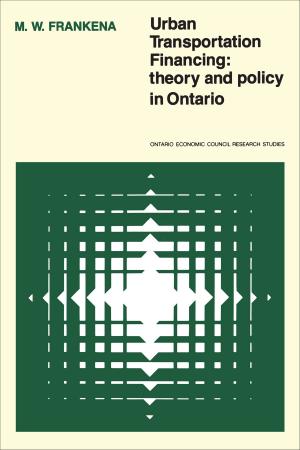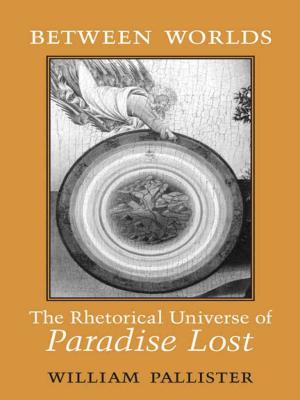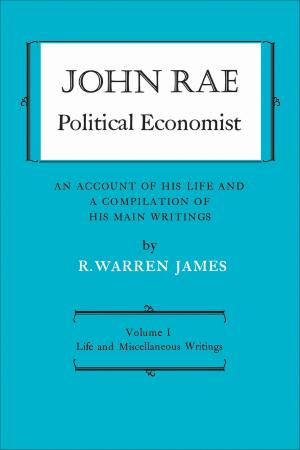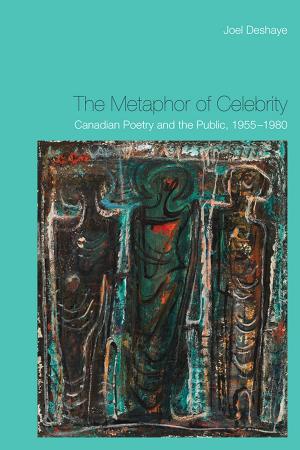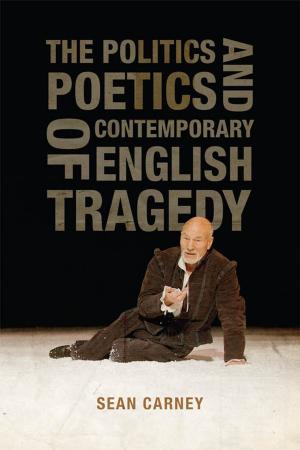Challenging Addiction in Canadian Literature and Classrooms
Fiction & Literature, Literary Theory & Criticism, Canadian, Nonfiction, Social & Cultural Studies, Social Science, Cultural Studies, Native American Studies, Reference & Language, Education & Teaching, Teaching, Teaching Methods| Author: | Cara Fabre | ISBN: | 9781442624450 |
| Publisher: | University of Toronto Press, Scholarly Publishing Division | Publication: | November 14, 2016 |
| Imprint: | Language: | English |
| Author: | Cara Fabre |
| ISBN: | 9781442624450 |
| Publisher: | University of Toronto Press, Scholarly Publishing Division |
| Publication: | November 14, 2016 |
| Imprint: | |
| Language: | English |
In the richly interdisciplinary study, Challenging Addiction in Canadian Literature and Classrooms, Cara Fabre argues that popular culture in its many forms contributes to common assumptions about the causes, and personal and social implications, of addiction. Recent fictional depictions of addiction significantly refute the idea that addiction is caused by poor individual choices or solely by disease through the connections the authors draw between substance use and poverty, colonialism, and gender-based violence.
With particular interest in the pervasive myth of the “Drunken Indian", Fabre asserts that these novels reimagine addiction as social suffering rather than individual pathology or moral failure. Fabre builds on the growing body of humanities research that brings literature into active engagement with other fields of study including biomedical and cognitive behavioural models of addiction, medical and health policies of harm reduction, and the practices of Alcoholics Anonymous. The book further engages with critical pedagogical strategies to teach critical awareness of stereotypes of addiction and to encourage the potential of literary analysis as a form of social activism.
In the richly interdisciplinary study, Challenging Addiction in Canadian Literature and Classrooms, Cara Fabre argues that popular culture in its many forms contributes to common assumptions about the causes, and personal and social implications, of addiction. Recent fictional depictions of addiction significantly refute the idea that addiction is caused by poor individual choices or solely by disease through the connections the authors draw between substance use and poverty, colonialism, and gender-based violence.
With particular interest in the pervasive myth of the “Drunken Indian", Fabre asserts that these novels reimagine addiction as social suffering rather than individual pathology or moral failure. Fabre builds on the growing body of humanities research that brings literature into active engagement with other fields of study including biomedical and cognitive behavioural models of addiction, medical and health policies of harm reduction, and the practices of Alcoholics Anonymous. The book further engages with critical pedagogical strategies to teach critical awareness of stereotypes of addiction and to encourage the potential of literary analysis as a form of social activism.


